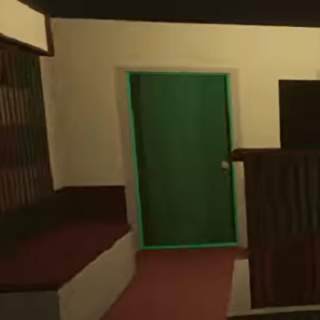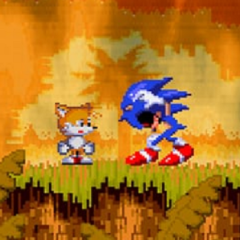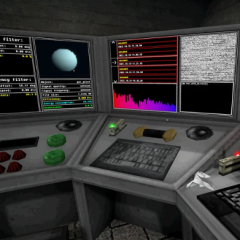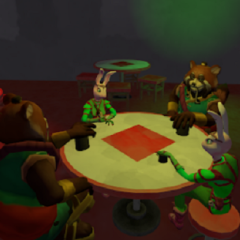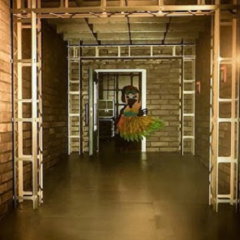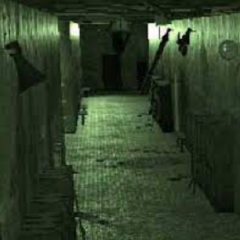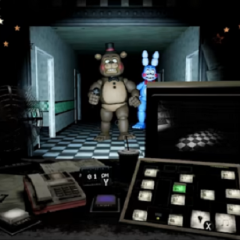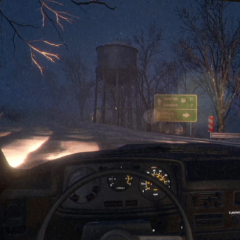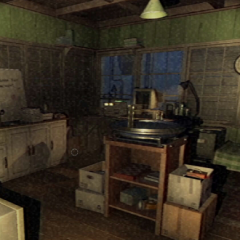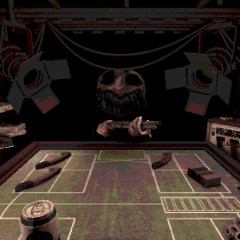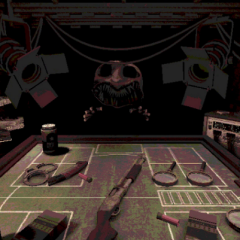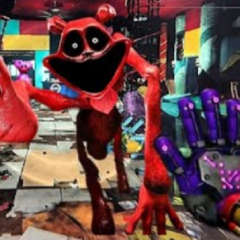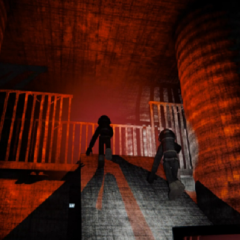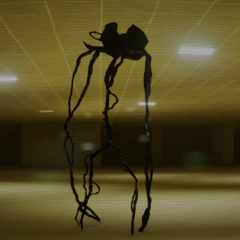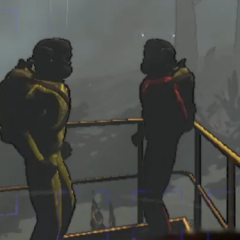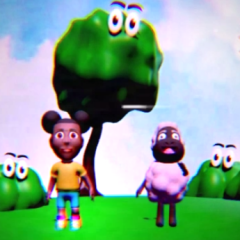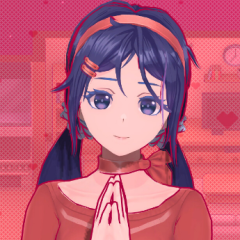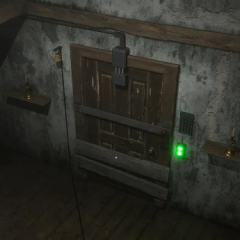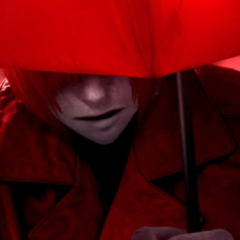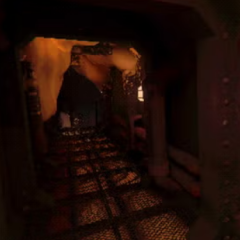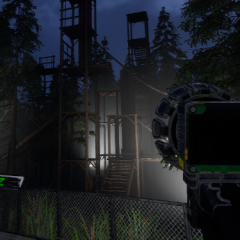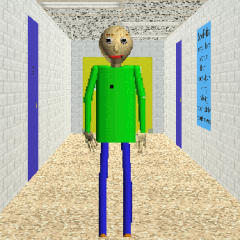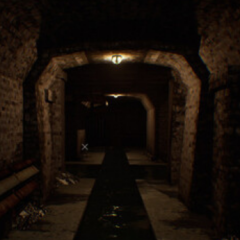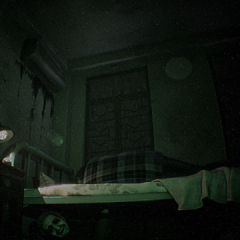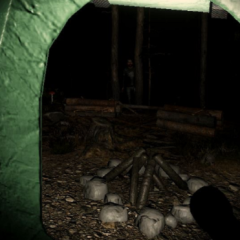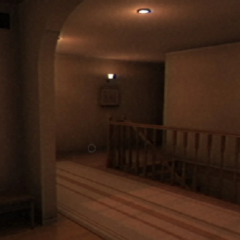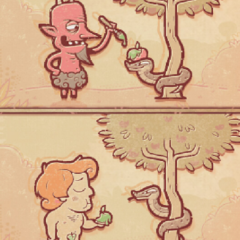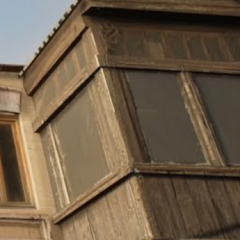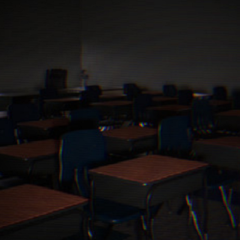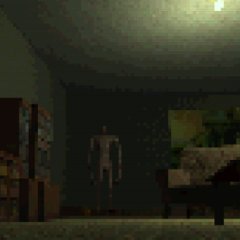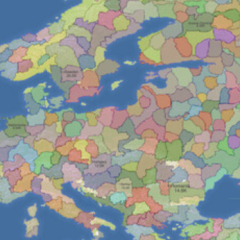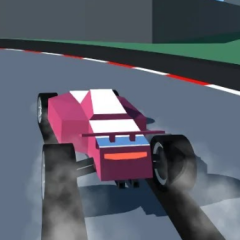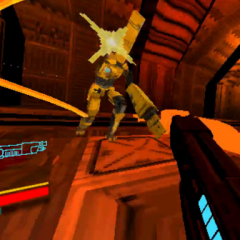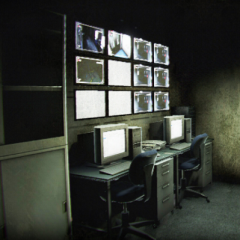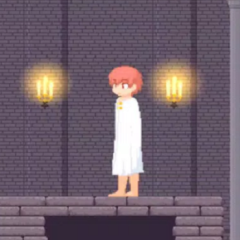Untime
Untime is a short narrative game that tells the story of Circe, a woman trying to escape her past by moving from a busy city to the small town of Dugo. What begins as a search for peace slowly reveals itself to be a confrontation with events she cannot change. Built as a brief experience, the game delivers its message in about fifteen minutes, leaving players with questions about memory, consequence, and time.
Story And Progression
The heart of Untime lies in Circe’s attempt to start again after an incident that altered her life. Her relocation to Dugo seems simple, yet the town becomes a stage for unresolved memories and unsettling moments. Time itself plays a role in shaping the narrative, blurring the line between past and present. Through this structure, the story highlights the tension between the desire to rebuild and the weight of what has already been lived.
Gameplay Characteristics
Untime uses a first-person perspective to place the player directly in Circe’s role. The game focuses on story and atmosphere, not complex mechanics. Its short runtime ensures every detail is deliberate, from environmental cues to small interactive moments. While the gameplay is minimal, warnings are included because of mature themes and imagery.
Key features of Untime include:
· A single-sitting experience of about fifteen minutes.
· Story-driven design with light interaction.
· First-person viewpoint for immersion.
· Mature content with unsettling visual elements.
Atmosphere And World
The atmosphere of Untime balances quiet exploration with sudden unease. The town of Dugo is designed to appear ordinary but contains shifts in sound, light, and perspective that create discomfort. These changes mirror Circe’s struggle to leave her past behind, turning everyday places into reminders of memory. The minimal style keeps attention on the details, encouraging players to connect story and environment.
Interpretation And Themes
Untime avoids a traditional resolution, instead offering an open ending that emphasizes reflection. It invites players to think about how memory influences present choices and how time cannot always erase the past. Circe’s story becomes a lens through which themes of regret and inevitability are explored. Despite its short length, Untime shows how interactive fiction can express complex ideas with simplicity and focus, making a lasting impression through narrative design.
